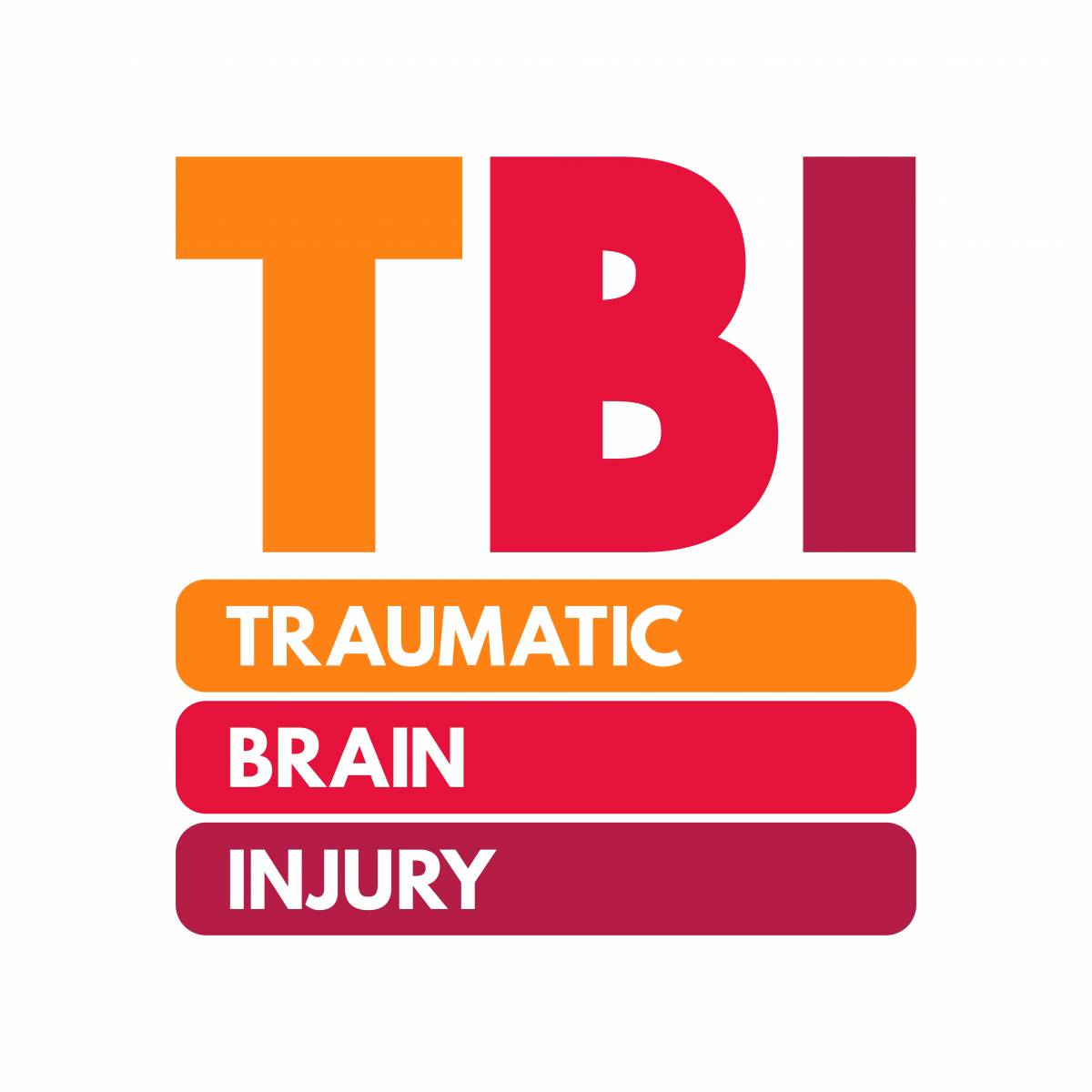Rehab provision for people with traumatic brain injuries is 'inconsistent', major report claims
People who have suffered a traumatic brain injury (TBI) receive an ‘inconsistent’ response from rehabilitation services, a panel of leading international medical experts claims in an article in The Lancet Neurology.
The lead author of the article, which was published on 29 September, is Andrew IR Maas, a professor of neurosurgery at Antwerp University Hospital and the University of Antwerp. The comprehensive article – which includes an impressive 417 references – charts the progress made on responses to TBI since 2017, when the first Lancet Neurology Commission on TBI called for ‘concerted efforts’ to made to improve the ‘global health problem’.
Professor Maas and his team acknowledge that progress has been made in certain areas. ‘Since then, funding agencies have supported research both in high-income countries (HICs) and in low-income and middle-income countries (LMICs),’ the paper notes.
‘New knowledge has been generated by large observational studies, including those conducted under the umbrella of the International Traumatic Brain Injury Research (InTBIR) initiative, established as a collaboration of funding agencies in 2011. InTBIR has also provided a huge stimulus to collaborative research in TBI and has facilitated participation of global partners.’

Age should not dictate therapy options
Improve access to rehabilitation services and develop evidence-based treatments for long-term problems – including fatigue, and cognitive and behavioural changes [Andrew IR Maas et al]
Progress has not been uniform, however, with limited research currently being conducted into the treatment of older patients – in part, because they are routinely excluded from clinical trials, according to Professor Maas and his team.
‘Although increasing age is associated with worse outcomes from TBI, age should not dictate limitations in therapy. However, patients injured by low-energy falls (who are mostly older people) are about 50 per cent less likely to receive critical care or emergency interventions, compared with those injured by high-energy mechanisms, such as road traffic incidents.’
The authors urge researchers to take more of a public health approach and display more interest in people with ‘mild’ TBIs, pointing out that they make up more than nine TBI cases in 10. They also call for the introduction of more falls prevention programmes for the over-65s.
Claiming that access to rehabilitation services is ‘inconsistent’ and that there are no protocols for treating long term problems, Professor Maas and colleagues issued a key recommendation: ‘Improve access to rehabilitation services and develop evidence-based treatments for long-term problems – including fatigue, and cognitive and behavioural changes.’
Progress on concussion in sport
The authors acknowledge that many professional sporting bodies have introduced (or are moving towards having) good concussion protocols over the past seven years since the original Commission report was released.
But work remains to be done over the next decade to make further progress by, for example, exerting pressure on governing bodies to ensure there is consistent practice that complies with the guidelines. ‘Re-enforce preventive measures in individualised sports such as cycling and horse-riding,’ the authors add.
Conclusion (summary)
‘Substantial progress has been made in incorporating novel clinical variables, blood biomarkers, and neuroimaging into patient characterisation, and implementation of these advances into clinical practice is currently underway,' Professor Maas and colleagues note.
‘However, additional progress is needed in terms of achieving precision medicine approaches to TBI management. Although further evidence is needed, these approaches might include incorporation of molecular and genomic information into clinical practice, assisted by new approaches to data analysis.
‘Finally, engagement with funders, policy makers, and regulators, and closer partnership with patient representative groups could address important strategic issues in TBI research and delivery of care.’
Some of the 'main messages’
- about half of the patients who go to hospital with mild TBI do not recover to pre-TBI levels of health and wellbeing six months later
- women experience poorer outcomes after TBI compared to their male counterparts
- up to one ‘civilian’ in five (13-19 per cent) experiences post-traumatic stress disorder after a TBI
- there is ‘little understanding’ of individual differences in recovery after TBI
To see the full version of Traumatic brain injury: progress and challenges in prevention, clinical care, and research, visit: DOI: https://doi.org/10.1016/S1474-4422(22)00309-X
Author: Ian A McMillan
Share it with














